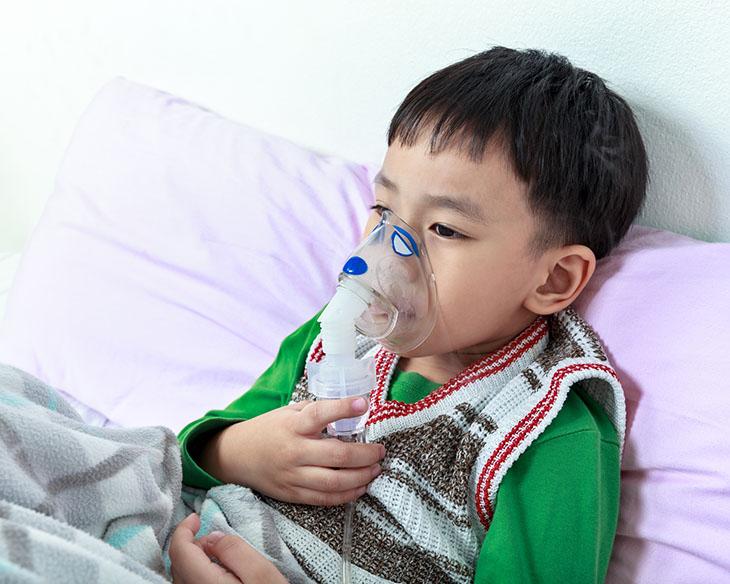
Inhalers work for all preschoolers, but less beneficial for those who stay heavy as they age
Asthma affects almost 1 in 10 children in the U.S. and is a leading cause of emergency room visits and hospitalizations in preschoolers. According to new research from Duke Health and collaborators, symptoms may be worse for children ages 2 to 5 who are overweight.
In a study publishing Dec. 19 in the Journal of Clinical Immunology, preschoolers with a body mass index (BMI) beyond the 84th percentile who weren’t using an inhaler had 70 percent more days with asthma symptoms per year than untreated peers of a healthy weight.
Compared to healthy-weight peers, asthma sufferers who were untreated and overweight suffered 37 more symptom-days -- more than five extra weeks -- per year. Researchers also found untreated children who were overweight had more asthma attacks than untreated peers of a healthy weight.
There is good news: obesity doesn’t seem to lessen the effectiveness of corticosteroid inhalers, the standard treatment to ease asthma symptoms such as shortness of breath, coughing and chest pain, said Jason Lang, M.D., a pediatric lung specialist and director of the Duke Children’s Pulmonary Function Laboratory, who led the study.
When used daily, inhalers reduced the number of symptom-days and asthma attacks in both healthy and overweight children, and may even be more protective to overweight children, the authors found.
“The impact of overweight and obesity on asthma has not been studied in the youngest asthma patients, and this finding is the opposite of what has been seen in older kids and adults who are overweight,” Lang said. “Reports in older children and adults with asthma who are overweight have shown a poor response to inhaled corticosteroids to manage their asthma. This study suggests either pathways of inflammation are a bit different in preschool-aged patients, or that it takes years for obesity to reduce the effectiveness of steroid inhalers.”
Jason Lang, M.D.The study analyzed data from three randomized, controlled clinical trials conducted between 2001 and 2015 called INFANT, PEAK and MIST that included 736 children. One-third of participants had a BMI above the 84th percentile.
Some trial participants were randomly assigned to use inhalers daily while some used them intermittently; some received placebos and some received no treatment.
